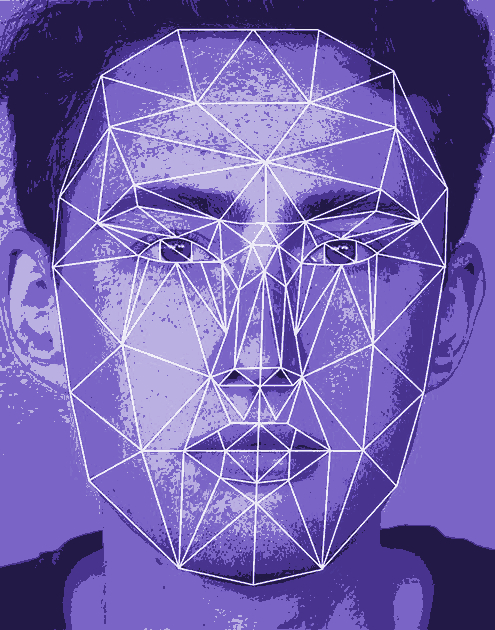QLD punters watched
 Queensland’s Privacy Commissioner says the public deserves to know when facial recognition technology is being used.
Queensland’s Privacy Commissioner says the public deserves to know when facial recognition technology is being used.
Stadiums Queensland has admitted to using facial recognition software on sports fans and concertgoers, monitoring patrons in real time and potentially recording their biometric data.
Stadiums Queensland (SQ) display privacy warnings about CCTV at its venues, but there is no signage about facial recognition technology.
Queensland has now joined New South Wales and Victoria in trialling the mass surveillance technology at its major stadiums.
Queensland Privacy Commissioner Phil Green says any agencies using the technology should conduct a privacy impact assessment.
“It's certainly something for any large-scale technology implementation like that, that we recommend,” he said.
“It's simply good practice to identify risks of conducting this sort of surveillance and using facial recognition — those risks are being identified worldwide at the moment.
“It's been demonstrated that bias can creep in, depending on what databases you're using and who's in the database, and the algorithms themselves.
“It's been highlighted in the US and in the UK where certain populations are represented in databases more broadly.
“I would imagine in Australia there's a potential for ethnic minorities to be over-represented in the justice system, to be singled out in the crowds more readily just because there are more images [in the database].”
Queensland University of Technology research fellow in technology and regulation, Dr Monique Mann, said there are important questions to answer.
“I would be interested to know where the database of images is coming from,” she said.
“Where is the individual's facial templates? What are they being matched against? How is this information being used, how is this information being stored? How is this information being shared?
“I think people should be informed that their facial images and biometric templates are being scanned and indeed if they're being collected or what information is being harvested from crowds, and the purposes for which it's being used.
“The Australian public are not very aware of the extent of information that's being collected and used about them.
“This technology shouldn't be implemented without proper public consultation and involvement of the community, and that's not what we're seeing.
“We're seeing the state just implementing it without any input or feedback from the community.”







 Print
Print